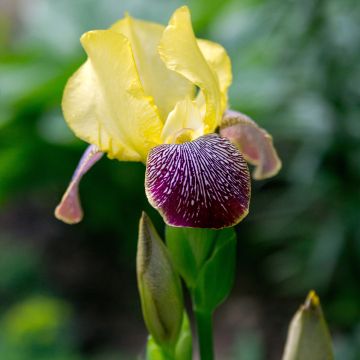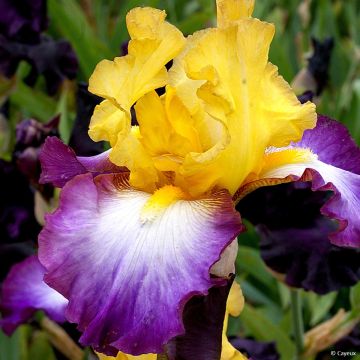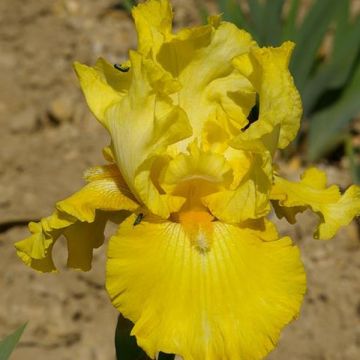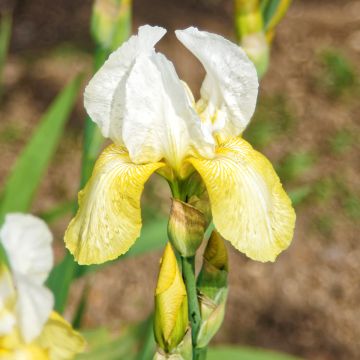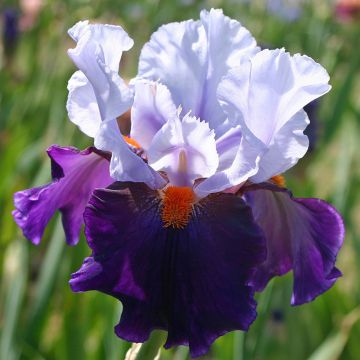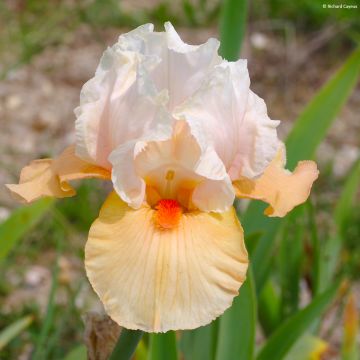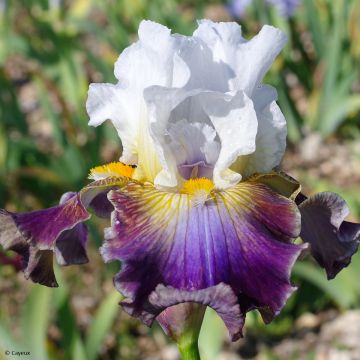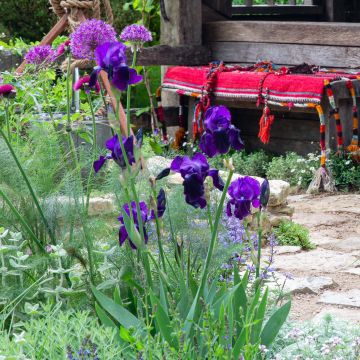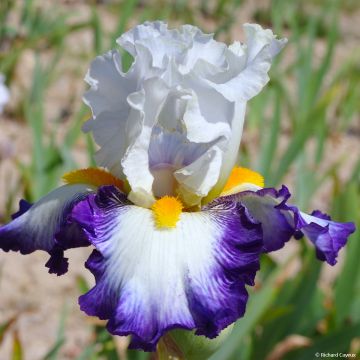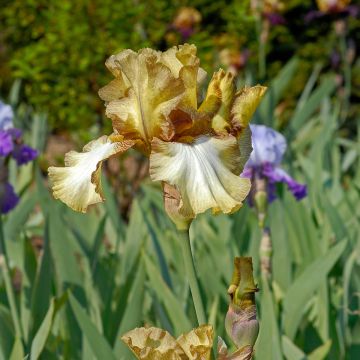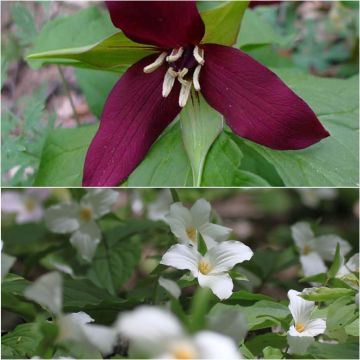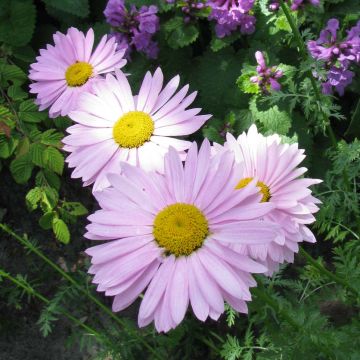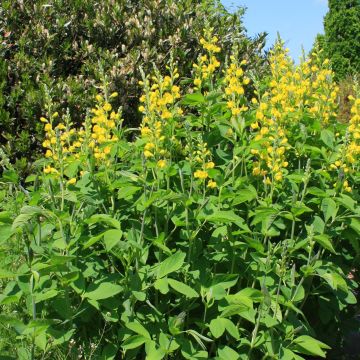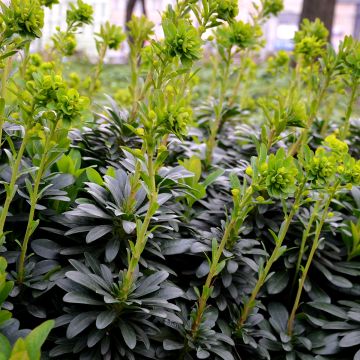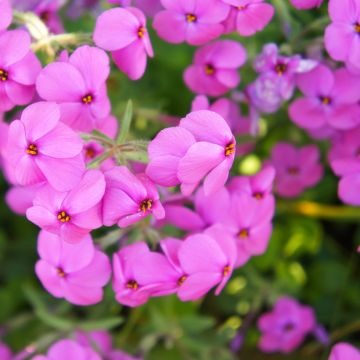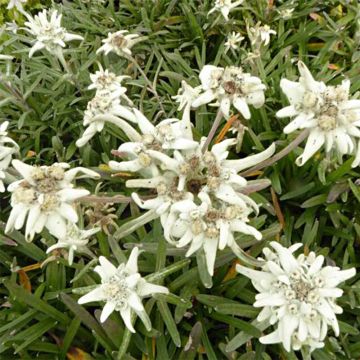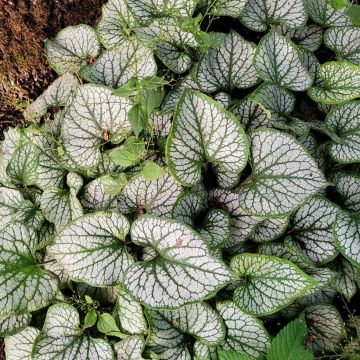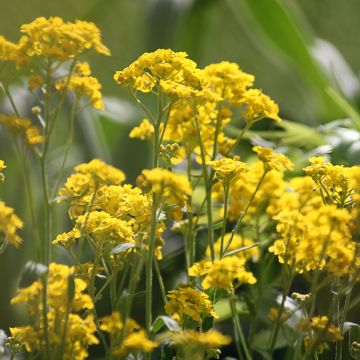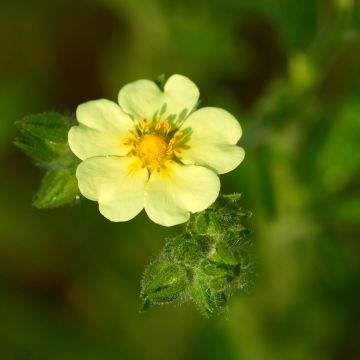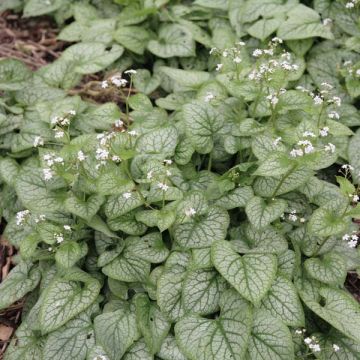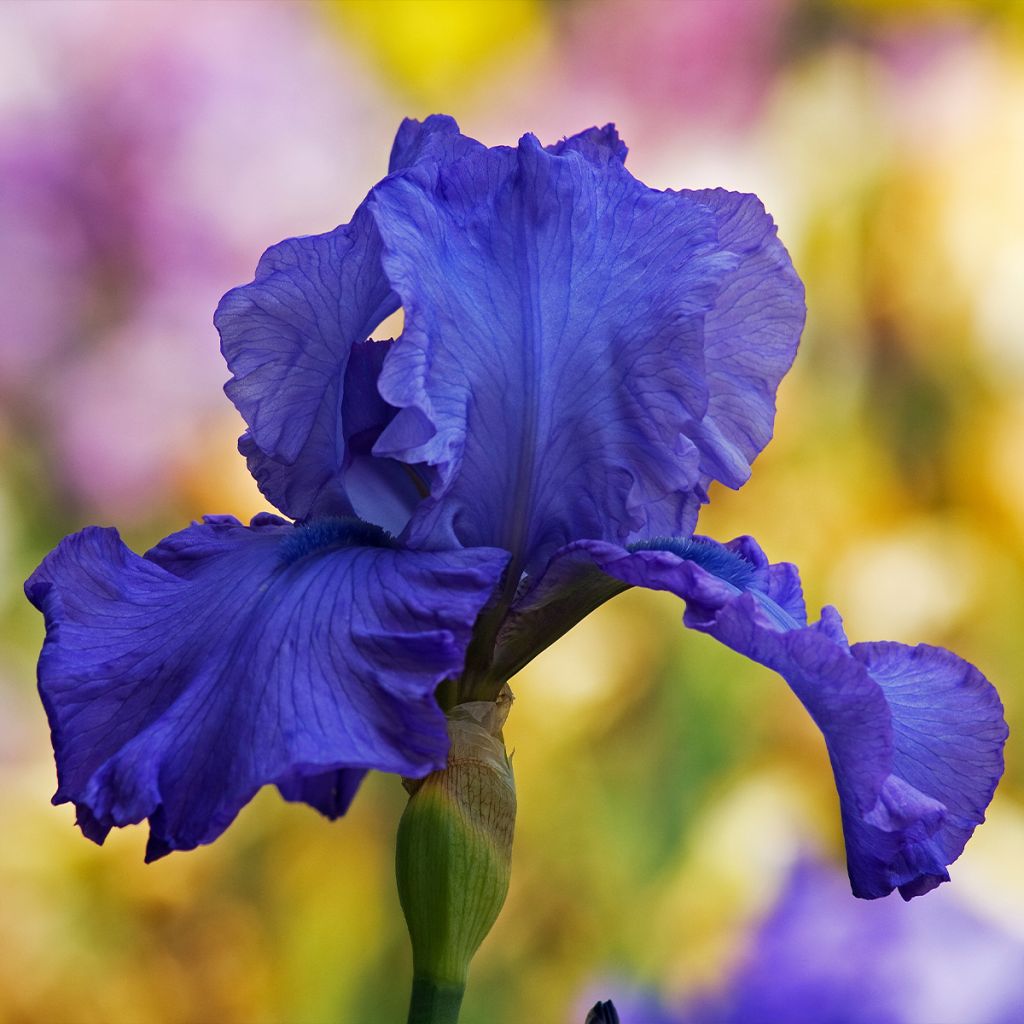

Iris germanica Storm Center - Iris des Jardins
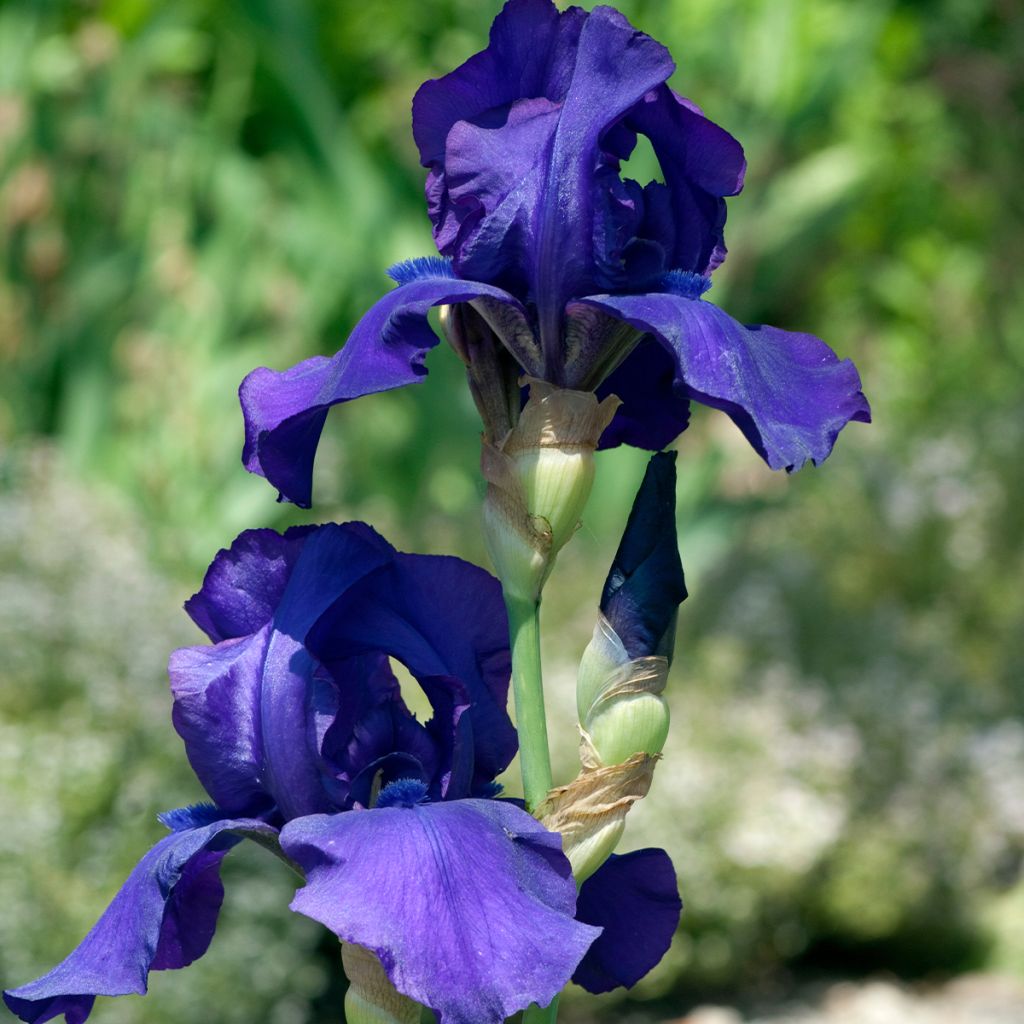

Iris germanica Storm Center - Iris des Jardins
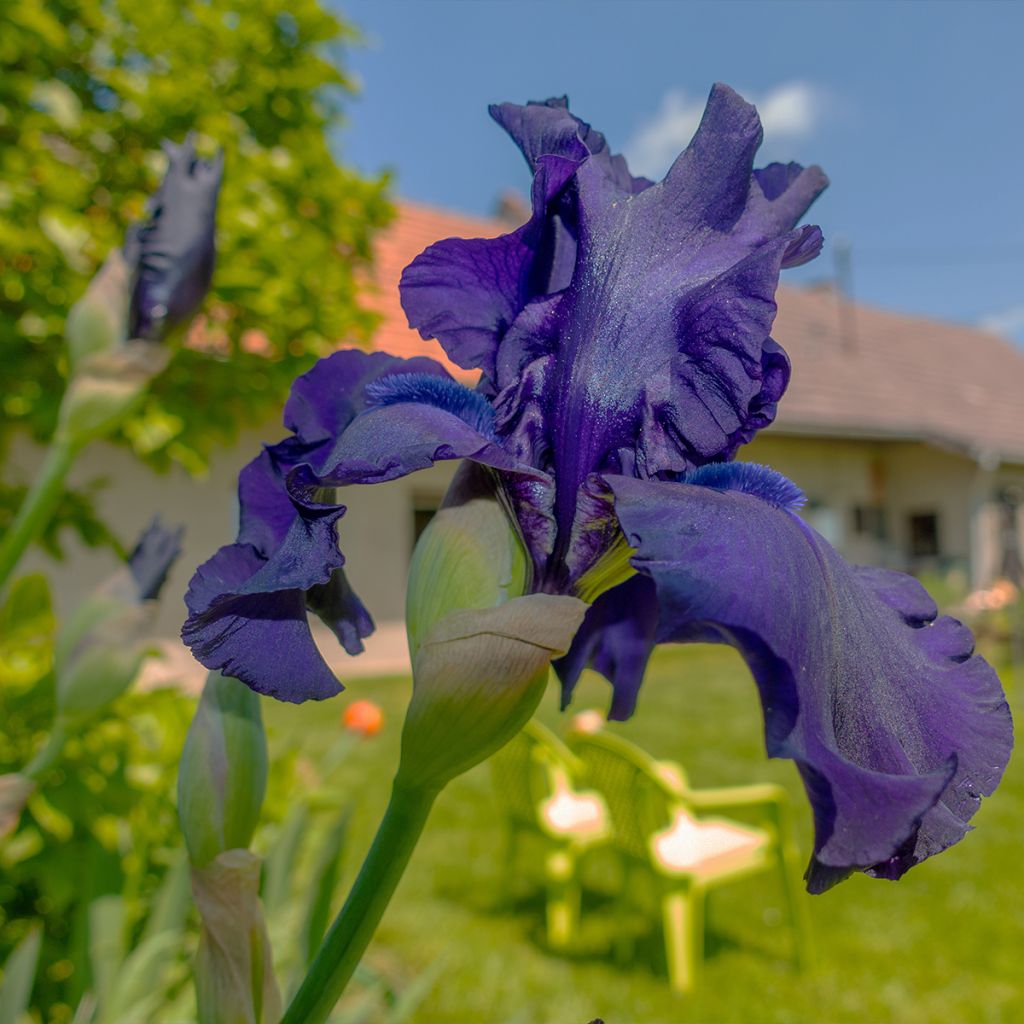

Iris germanica Storm Center - Iris des Jardins
Iris Storm Center - Bearded Iris
Iris germanica Storm Center
German Iris, Bearded Iris
Beautiful iris plant even though it's in a small pot, the leaves are already 20 cm long. I can't wait to see it bloom.
Mireille T., 10/02/2024
Order in the next for dispatch today!
Dispatch by letter from €3.90.
Delivery charge from €5.90 Oversize package delivery charge from €6.90.
Current delivery delay: 2 days.
More information
This item is not available in your country.
Schedule delivery date,
and select date in basket
This plant carries a 12 months recovery warranty
More information
We guarantee the quality of our plants for a full growing cycle, and will replace at our expense any plant that fails to recover under normal climatic and planting conditions.
From €5.90 for pickup delivery and €6.90 for home delivery
Express home delivery from €8.90.
From €5.90 for pickup delivery and €6.90 for home delivery
Express home delivery from €8.90.
Does this plant fit my garden?
Set up your Plantfit profile →
Description
Iris 'Storm Center' is a variety of Iris with real elegance, whose flowering stems carry large and beautiful flowers of particularly deep violet. Its large flowers are slightly ruffled and silky in texture and uniform in colour with matching beards. Among the tallest, it will work well alongside pastel blooms.
'Storm Center' Iris is a perennial rhizomatous plant that forms upright clumps. Its deciduous foliage disappears in autumn and reappears in spring. This plant belongs to the Iridaceae family. It is one of the many cultivars obtained over centuries, whose controversial origin is discussed around the number of chromosomes of potential ancestors. Note that Garden Irises have European origins.
The 'Storm Center' Iris is a tall variety, reaching 95 cm (37in) in height when flowering. It will sometimes be necessary to stake it, as its flower stems are affected by wind and rain. Each rhizome produces a well-branched stem that carries numerous flower buds. The clump will spread very quickly, with no theoretical limit over time, with the central rhizomes thinning out in favour of the outer rhizomes. The foliage consists of long sword-shaped, glaucous green, strongly veined leaves. Floral stems appear in April and produce flowers in May, in the middle of the season for tall irises, blooming from the top to the lower branches. The deep colour of this plant is, magnified by the silky texture of the petals and sepals.
Schreiner 1979 hybridization - Award: Honorable Mention in 1981
To accompany irises, choose plants to associate with them based on their needs (exposure, soil...), their vegetation (low plants or light foliage), and their decorative appearance and flowering time. For example, Gauras will cast little shade on the irises and will keep the faded iris bed attractive throughout the summer. Eschscholzia will be happy with dry soil like the iris. Geraniums, perennial salvias, and Libertia also accompany irises very well. Slopes and terraced edges will be stabilised by a dense planting of old diploid varieties that require little care. If the goal is more decorative and access for care is possible, choose more modern varieties, for example, intermediates that are less likely than tall ones to be laid flat by the wind and rain.
At the foot of a very sunny wall, sheltered from the wind, tall irises can be used. They can be planted in the background of shorter and earlier varieties. The vegetable garden can accommodate a few clumps of irises for cut flowers.
Report an error about the product description
Iris Storm Center - Bearded Iris in pictures
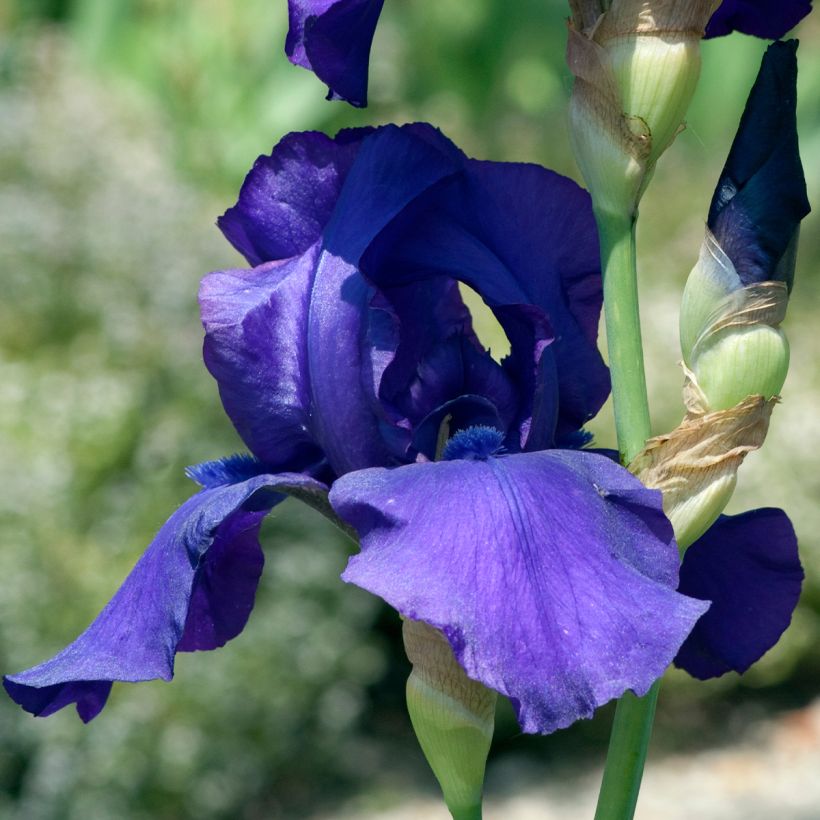

Flowering
Foliage
Plant habit
Botanical data
Iris
germanica
Storm Center
Iridaceae
German Iris, Bearded Iris
Cultivar or hybrid
Other German Iris - Bearded Iris
Planting and care
Do you have a sunny location, sheltered from the wind, warm and rather dry in the summer?
This is the ideal location for planting tall bearded irises! In the shade, they grow but do not flower. They are hardy and do not need winter protection. Well-drained soil is perfect, even rather dry. German iris prefers chalky soil: add lime if it tends to be acidic. Excessively wet soil promotes rootstock rot. Plant from July to September. This allows the rootstocks to grow and develop new roots before winter. They should be planted immediately after purchase, for best results. Plan to divide irises every 4 years or so to give them fresh soil. They have vigorous growth and require space to develop and flower well. Plant with spacing appropriate to the size and vigour of the variety: approximately 34-50 cm (13-20in) for tall varieties. In a monochromatic planting, the rootstocks are planted in a staggered pattern. To create a mix of colours, plant them in groups of several plants of the same variety. Always consider the direction of growth of the rootstocks by arranging them in a star shape, with buds and leaves facing outward, and spacing them away from other varieties so they have room to develop.
Planting
Dig a hole that is wide and deep enough. Create a wide conical mound of soil on which to place the rhizome and spread out the roots. Cover the roots. It is important that the rhizome be left slightly above the surface of the soil. It should not be planted in a dip (risk of rot), so anticipate that the soil will settle and the iris will sink. In clay or wet soil, the rootstock may even be left elevated on a slight mound of a few centimetres. To make the soil adhere to the roots, lightly firm the soil and water abundantly immediately after planting. Water 2-3 times if necessary until it is established.
Maintenance:
Keep the soil weed-free by lightly hoeing, taking care not to damage the rhizomes or roots. Weeds shade the irises, retain moisture (causing rot), and attract slugs. Similarly, remove dry leaves. If they are diseased (reddish-brown bordered spots from heterosporiosis), burn them. Remove faded flowers.
Planting period
Intended location
Care
-
, onOrder confirmed
Reply from on Promesse de fleurs
Spring flowering perennials
Haven't found what you were looking for?
Hardiness is the lowest winter temperature a plant can endure without suffering serious damage or even dying. However, hardiness is affected by location (a sheltered area, such as a patio), protection (winter cover) and soil type (hardiness is improved by well-drained soil).

Photo Sharing Terms & Conditions
In order to encourage gardeners to interact and share their experiences, Promesse de fleurs offers various media enabling content to be uploaded onto its Site - in particular via the ‘Photo sharing’ module.
The User agrees to refrain from:
- Posting any content that is illegal, prejudicial, insulting, racist, inciteful to hatred, revisionist, contrary to public decency, that infringes on privacy or on the privacy rights of third parties, in particular the publicity rights of persons and goods, intellectual property rights, or the right to privacy.
- Submitting content on behalf of a third party;
- Impersonate the identity of a third party and/or publish any personal information about a third party;
In general, the User undertakes to refrain from any unethical behaviour.
All Content (in particular text, comments, files, images, photos, videos, creative works, etc.), which may be subject to property or intellectual property rights, image or other private rights, shall remain the property of the User, subject to the limited rights granted by the terms of the licence granted by Promesse de fleurs as stated below. Users are at liberty to publish or not to publish such Content on the Site, notably via the ‘Photo Sharing’ facility, and accept that this Content shall be made public and freely accessible, notably on the Internet.
Users further acknowledge, undertake to have ,and guarantee that they hold all necessary rights and permissions to publish such material on the Site, in particular with regard to the legislation in force pertaining to any privacy, property, intellectual property, image, or contractual rights, or rights of any other nature. By publishing such Content on the Site, Users acknowledge accepting full liability as publishers of the Content within the meaning of the law, and grant Promesse de fleurs, free of charge, an inclusive, worldwide licence for the said Content for the entire duration of its publication, including all reproduction, representation, up/downloading, displaying, performing, transmission, and storage rights.
Users also grant permission for their name to be linked to the Content and accept that this link may not always be made available.
By engaging in posting material, Users consent to their Content becoming automatically accessible on the Internet, in particular on other sites and/or blogs and/or web pages of the Promesse de fleurs site, including in particular social pages and the Promesse de fleurs catalogue.
Users may secure the removal of entrusted content free of charge by issuing a simple request via our contact form.
The flowering period indicated on our website applies to countries and regions located in USDA zone 8 (France, the United Kingdom, Ireland, the Netherlands, etc.)
It will vary according to where you live:
- In zones 9 to 10 (Italy, Spain, Greece, etc.), flowering will occur about 2 to 4 weeks earlier.
- In zones 6 to 7 (Germany, Poland, Slovenia, and lower mountainous regions), flowering will be delayed by 2 to 3 weeks.
- In zone 5 (Central Europe, Scandinavia), blooming will be delayed by 3 to 5 weeks.
In temperate climates, pruning of spring-flowering shrubs (forsythia, spireas, etc.) should be done just after flowering.
Pruning of summer-flowering shrubs (Indian Lilac, Perovskia, etc.) can be done in winter or spring.
In cold regions as well as with frost-sensitive plants, avoid pruning too early when severe frosts may still occur.
The planting period indicated on our website applies to countries and regions located in USDA zone 8 (France, United Kingdom, Ireland, Netherlands).
It will vary according to where you live:
- In Mediterranean zones (Marseille, Madrid, Milan, etc.), autumn and winter are the best planting periods.
- In continental zones (Strasbourg, Munich, Vienna, etc.), delay planting by 2 to 3 weeks in spring and bring it forward by 2 to 4 weeks in autumn.
- In mountainous regions (the Alps, Pyrenees, Carpathians, etc.), it is best to plant in late spring (May-June) or late summer (August-September).
The harvesting period indicated on our website applies to countries and regions in USDA zone 8 (France, England, Ireland, the Netherlands).
In colder areas (Scandinavia, Poland, Austria...) fruit and vegetable harvests are likely to be delayed by 3-4 weeks.
In warmer areas (Italy, Spain, Greece, etc.), harvesting will probably take place earlier, depending on weather conditions.
The sowing periods indicated on our website apply to countries and regions within USDA Zone 8 (France, UK, Ireland, Netherlands).
In colder areas (Scandinavia, Poland, Austria...), delay any outdoor sowing by 3-4 weeks, or sow under glass.
In warmer climes (Italy, Spain, Greece, etc.), bring outdoor sowing forward by a few weeks.


































